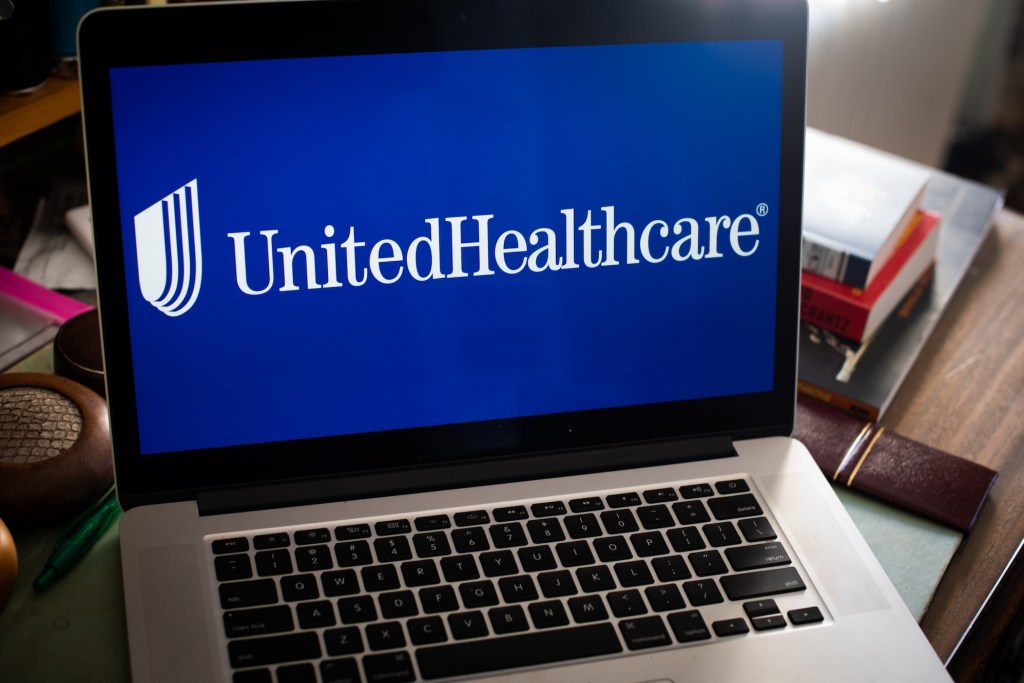Trending News
17 October, 2024
9.9°C New York

An extortion group has published a portion of what it says are the private and sensitive patient records on millions of Americans stolen during the ransomware attack on Change Healthcare in February.
On Monday, a new ransomware and extortion gang that calls itself RansomHub published several files on its dark web leak site containing personal information about patients across different documents, including billing files, insurance records and medical information.
Some of the files, which TechCrunch has seen, also contain contracts and agreements between Change Healthcare and its partners.
RansomHub threatened to sell the data to the highest bidder unless Change Healthcare pays a ransom.
It’s the first time that cybercriminals have published evidence that they have in their possession medical and patient records from the cyberattack.
For Change Healthcare, there’s another complication: This is the second group to demand a ransom payment to prevent the release of stolen patient data in as many months.
UnitedHealth Group, the parent company of Change Healthcare, said there was no evidence of a new cyber incident. “We are working with law enforcement and outside experts to investigate claims posted online to understand the extent of potentially impacted data. Our investigation remains active and ongoing,” said Tyler Mason, a spokesperson for UnitedHealth Group.
What’s more likely is that a dispute between members and affiliates of the ransomware gang left the stolen data in limbo and Change Healthcare exposed to further extortion.
A Russia-based ransomware gang called ALPHV took credit for the Change Healthcare data theft. Then, in early March, ALPHV suddenly disappeared along with a $22 million ransom payment that Change Healthcare allegedly paid to prevent the public release of patient data.
An ALPHV affiliate — essentially a contractor who earns a commission on the cyberattacks they launch using the gang’s malware — went public claiming to have carried out the data theft at Change Healthcare, but that the main ALPHV/BlackCat crew stiffed them out of their portion of the ransom payment and vanished with the lot. The contractor said the millions of patients’ data was “still with us.”
Now, RansomHub says “we have the data and not ALPHV.” Wired, which first reported the second group’s extortion effort on Friday, cited RansomHub as saying it was associated with the affiliate that still had the data.
UnitedHealth previously declined to say whether it paid the hackers’ ransom, nor did it say how much data was stolen in the cyberattack.
The healthcare giant said in a statement on March 27 that it obtained a dataset “safe for us to access and analyze,” which the company obtained in exchange for the ransom payment, TechCrunch learned from a source with knowledge of the ongoing incident. UHG said it was “prioritizing the review of data that we believe would likely have health information, personally identifiable information, claims and eligibility or financial information.”
As the Change Healthcare outage drags on, fears grow that patient data could spill online

The ransomware gang that hacked into U.S. health tech giant Change Healthcare used a set of stolen credentials to remotely access the company’s systems that weren’t protected by multifactor authentication (MFA), according to the chief executive of its parent company, UnitedHealth Group (UHG).
UnitedHealth CEO Andrew Witty provided the written testimony ahead of a House subcommittee hearing on Wednesday into the February ransomware attack that caused months of disruption across the U.S. healthcare system.
This is the first time the health insurance giant has given an assessment of how hackers broke into Change Healthcare’s systems, during which massive amounts of health data were exfiltrated from its systems. UnitedHealth said last week that the hackers stole health data on a “substantial proportion of people in America.”
Change Healthcare processes health insurance and billing claims for around half of all U.S. residents.
According to Witty’s testimony, the criminal hackers “used compromised credentials to remotely access a Change Healthcare Citrix portal.” Organizations like Change use Citrix software to let employees access their work computers remotely on their internal networks.
Witty did not elaborate on how the credentials were stolen. The Wall Street Journal first reported the hacker’s use of compromised credentials last week.
However, Witty did say the portal “did not have multifactor authentication,” which is a basic security feature that prevents the misuse of stolen passwords by requiring a second code sent to an employee’s trusted device, such as their phone. It’s not known why Change did not set up multifactor authentication on this system, but this will likely become a focus for investigators trying to understand potential deficiencies in the insurer’s systems.
“Once the threat actor gained access, they moved laterally within the systems in more sophisticated ways and exfiltrated data,” said Witty.
Witty said the hackers deployed ransomware nine days later on February 21, prompting the health giant to shut down its network to contain the breach.
UnitedHealth confirmed last week that the company paid a ransom to the hackers who claimed responsibility for the cyberattack and the subsequent theft of terabytes of stolen data. The hackers, known as RansomHub, are the second gang to lay claim to the data theft after posting a portion of the stolen data to the dark web and demanding a ransom to not sell the information.
UnitedHealth earlier this month said the ransomware attack cost it more than $870 million in the first quarter, in which the company made close to $100 billion in revenue.
UnitedHealth says Change hackers stole health data on ‘substantial proportion of people in America’